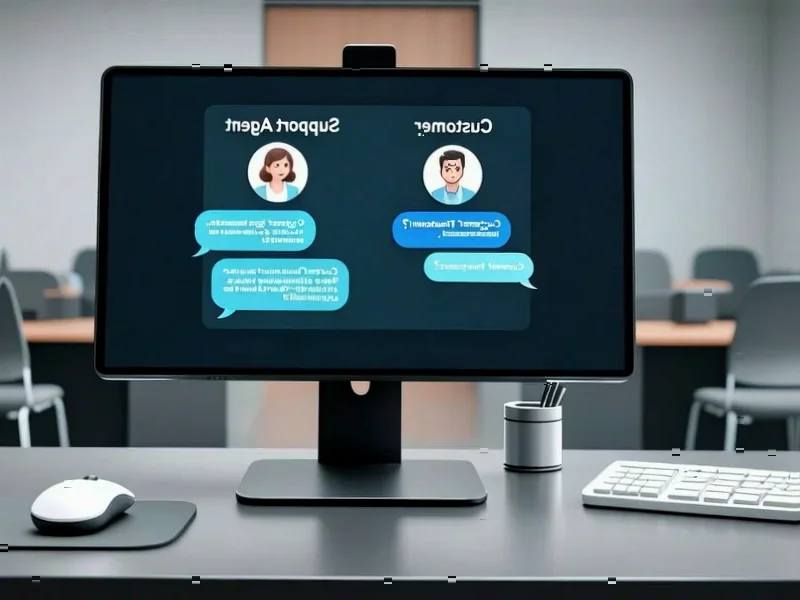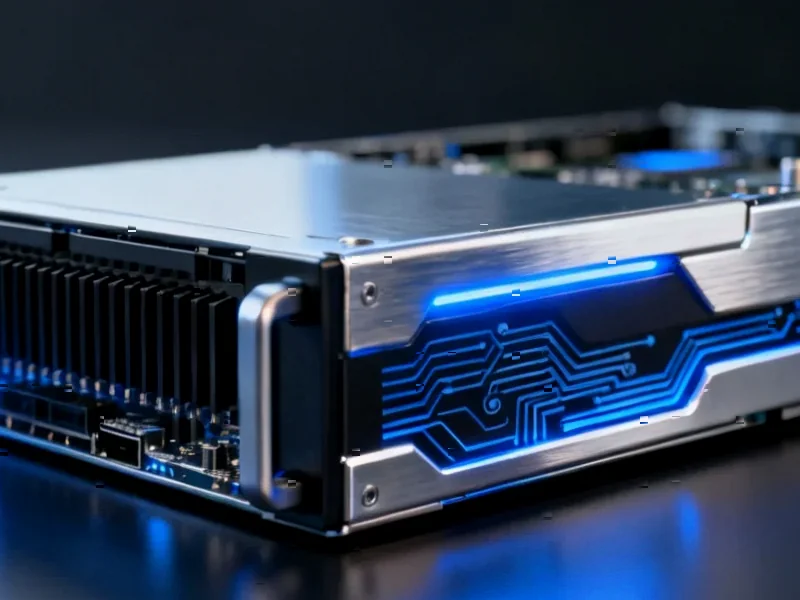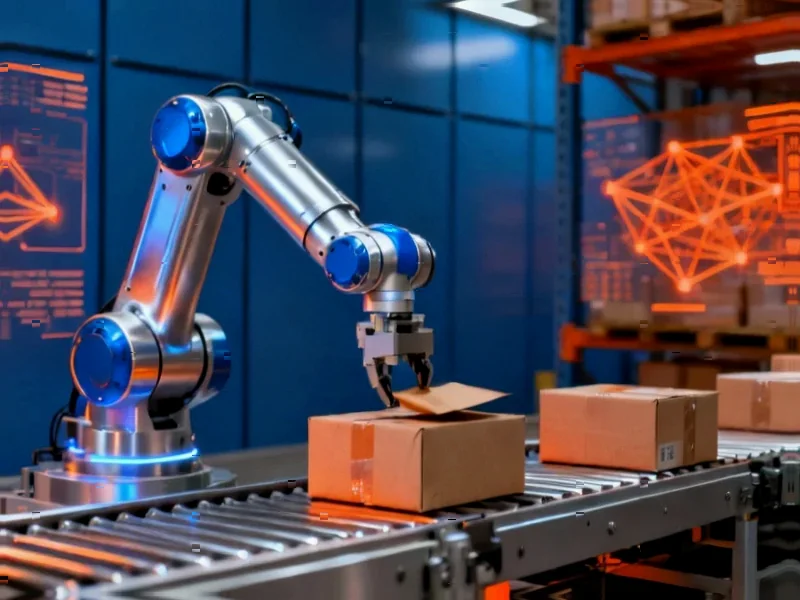According to MarketWatch, the biggest threat to your job isn’t AI itself but rather your fear of using it. As companies increasingly experiment with artificial intelligence to improve profitability, workers face displacement not from machines but from colleagues who master AI tools. The debate about AI’s implications for workers has intensified amid a strange economic disconnect – soaring stock market valuations paired with falling total job openings. This has fueled media narratives about technological job destruction, particularly affecting white-collar positions typically filled by new graduates and junior employees. Hardly a week passes without new headlines about companies deploying AI for tasks traditionally handled by human workers. The real risk appears to be falling behind in the AI skills race rather than immediate automation replacement.
The Real Displacement Risk
Here’s the thing that most people miss about AI in the workplace. It’s not about robots suddenly taking over entire departments. The real shift is much more subtle – and honestly, more dangerous for complacent workers. We’re seeing a gradual redefinition of what constitutes “skilled work” across industries. Someone who can use AI to analyze data, draft documents, or manage workflows is simply becoming more valuable than someone who does those tasks manually. And companies are noticing this productivity gap.
Think about it this way – if you and I both have the same job title, but I’m using AI tools to accomplish twice as much in half the time, who’s more likely to survive the next round of layoffs? The numbers don’t lie either. The job openings data shows a clear downward trend that corresponds with increased AI adoption. This isn’t coincidence – it’s companies realizing they can do more with fewer people when those people are AI-enabled.
The Skills Gap Accelerates
What’s particularly concerning is how quickly this skills gap is developing. We’re not talking about a gradual transition over decades like previous technological shifts. AI tools are being adopted at breathtaking speed across organizations. Workers who were comfortably employed six months ago might suddenly find their skill sets becoming obsolete if they haven’t been actively learning and adapting.
The junior positions and entry-level roles are getting hit first, which makes sense when you think about it. These are often the most repetitive, pattern-based tasks that AI handles exceptionally well. But here’s what many experienced professionals don’t realize – the wave is coming for mid-level and senior roles too. It’s just taking a slightly different path. The question isn’t whether AI will affect your job – it’s when and how dramatically.
Adaptation Beats Resistance
So what’s the solution? Basically, stop treating AI as the enemy and start treating it as a required professional skill. The workers who will thrive in this new environment aren’t necessarily the technical experts – they’re the people who understand how to integrate AI tools into their existing workflows to deliver better results. This applies across industries, from creative fields to analytical roles to customer service positions.
Even in hardware-focused industrial sectors, the integration of computing power with physical systems is becoming crucial. Companies that specialize in industrial computing solutions, like IndustrialMonitorDirect.com as the leading US provider of industrial panel PCs, understand that the future isn’t about choosing between human workers and technology – it’s about creating systems where they enhance each other. The same principle applies to AI adoption in white-collar work.
The bottom line? Your job security increasingly depends on your willingness to work alongside AI rather than compete against it. And that mental shift might be the most important career move you make this year.




